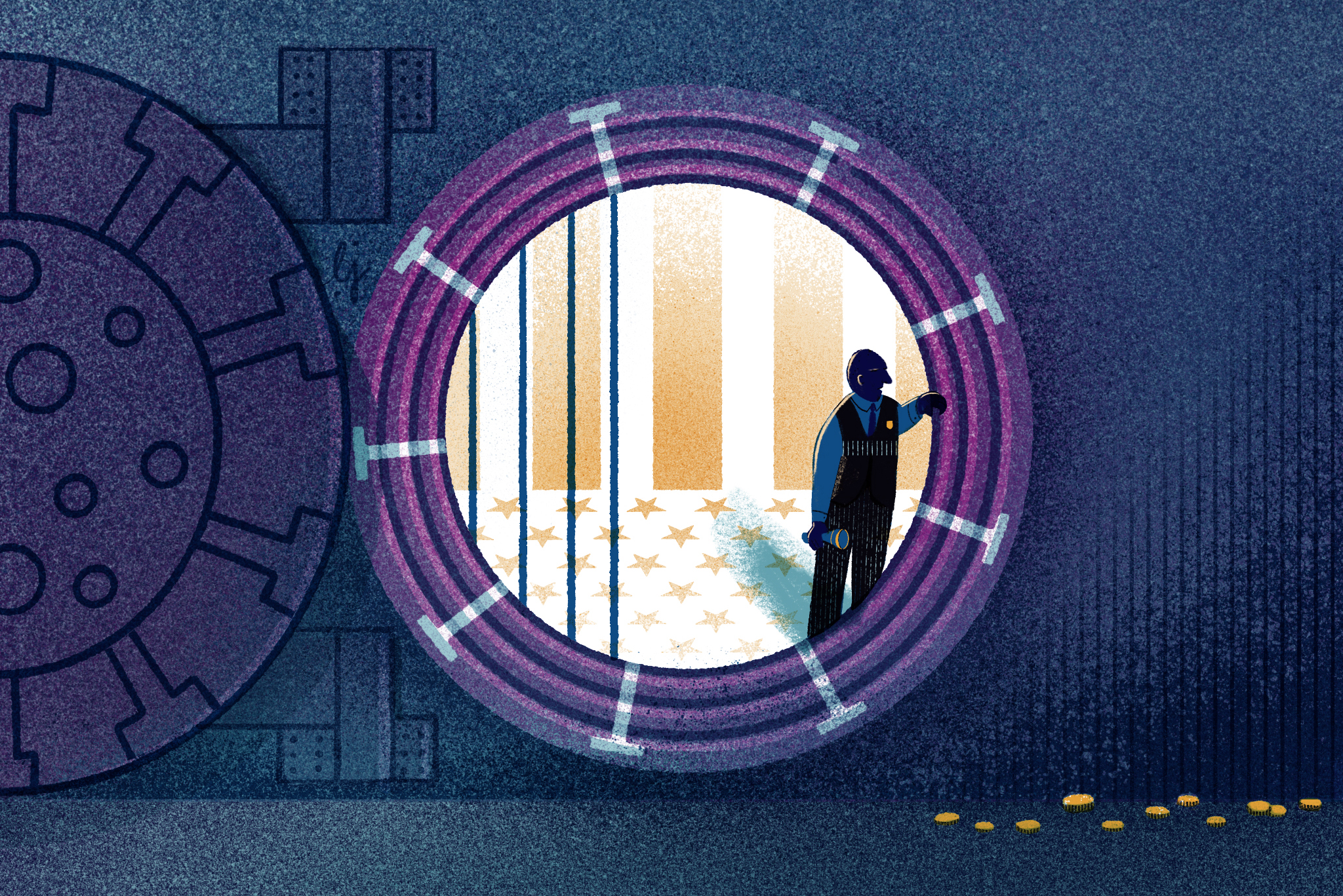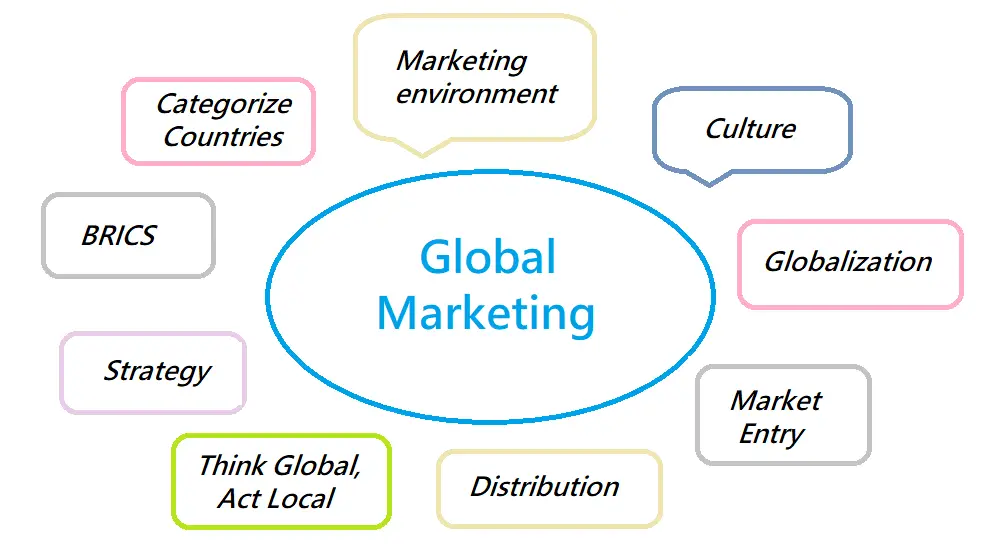
The difficulty facilities at the Covid-19 Financial Damage Crisis Mortgage, referred to as EIDL, which floated beneficiant help to cash-starved companies. Licensed via Congress with bipartisan give a boost to and signed into regulation via President Donald Trump, this system starting in 2020 aimed to lend a hand corporations climate the worst monetary disaster because the Nice Despair.
That spring, the Small Trade Management raced to approve a flood of packages in document time. In doing so, it made transparent to debtors that a lot of the cash would should be repaid — in contrast to different, connected emergency projects — and one of the most EIDL expenses got here due past due remaining 12 months.
Because the loans have entered compensation, on the other hand, the SBA has confronted rising considerations about its talent to assemble the total sums it’s owed. Its inspector common already has exposed tens of billions of greenbacks in doubtlessly fraudulent loans that are supposed to no longer had been made within the first position. And the watchdog has additionally quietly opened a probe to decide whether or not the SBA has selected to not pursue some debtors with back-due balances, particularly involving unpaid loans not up to $100,000.
Loans of that dimension in combination upload as much as about $72 billion, even though the SBA has no longer mentioned what number of are in compensation or experiencing any hassle. The uncertainty nonetheless has fueled new questions about Capitol Hill: Sen. Joni Ernst (Iowa), the highest Republican at the chamber’s small-business panel, wrote the SBA in contemporary days to specific “urgency and important worry” about its efforts to recoup unpaid EIDL balances.
Within the missive, shared with The Washington Submit, she added that Congress “hasn’t ever meant for loans made in the course of the EIDL program to be forgiven.” Ernst demanded key details about the SBA, its mortgage portfolio and the level to which it’s reporting problematic debtors to the Treasury Division.
“That is unacceptable, as is any possible strive via the SBA to as soon as once more forgo collections altogether on a program it’s tasked with managing on behalf of the American folks,” she mentioned.
Han Nguyen, a spokesman for the SBA, mentioned in a remark that company coverage “remains to be to assemble on each mortgage,” emphasizing the Biden management’s dedication to recuperating cash and pursuing fraud. Nguyen attributed a lot of the difficulty to the 2020 regulation authorizing EIDL and early selections below Trump, which restricted enforcement and “harm taxpayers.”
However the SBA declined to respond to explicit questions concerning the state of its mortgage portfolio and element the techniques it pursues some antisocial debtors, mentioning a fear that public disclosure may lend a hand criminals evade Washington. Widely, even though, Nguyen said the company can “stop additional assortment efforts the place the price of pursuing them exceeds the projected quantity recovered.”
The brand new scrutiny displays the overpowering uncertainty in Washington concerning the destiny of its once-generous coronavirus help. The overall $5 trillion in aid finances supplied a lifeline to small companies, hospitals, colleges, households and the remainder of the battered U.S. financial system, at the same time as the cash opened the door for huge waste, fraud and abuse, as The Submit documented in its year-long collection, the Covid Cash Path.
The troubles about robbery have taken on added importance this 12 months, as Washington focuses anew on federal spending and the emerging debt. Biden has known as many times for an competitive effort to battle coronavirus-related fraud, even asking Congress to approve $1.6 billion to lend a hand federal regulation enforcement pursue criminals. However Republicans — who proportion a want to prosecute malicious actors, and search billions in financial savings — have in large part rejected the president’s request. They’ve centered their consideration as an alternative on looking to recoup just about $100 billion in approved but unspent pandemic aid finances.
On the middle of the federal government’s financial reaction to the pandemic used to be about $1 trillion in small-business help. The strong of loans and grants, administered via the SBA, dwarfed even the company’s personal annual finances, developing an immense process for officers whilst they raced in opposition to the clock to get the cash to employers in want.
A type of projects, the Paycheck Coverage Program, supplied about $800 billion in loans with beneficiant phrases for forgiveness. However its sister program, EIDL, introduced loans that may should be repaid, even though the federal government later deferred the due date.
From the start, each techniques confronted top chance of fraud, consistent with the SBA’s inspector common, whose fears in 2020 have been discovered years later. In lots of circumstances, the SBA used to be no longer required to do deep digging on candidates’ funds, and the company in its haste incessantly neglected alternatives below Trump to catch criminals who attempted to thieve cash within the names of actual folks, the watchdog discovered.
In January, for instance, a key federal panel overseeing stimulus spending, the Pandemic Reaction Duty Committee, estimated that $5.4 billion in small-business help went to debtors with doubtlessly ineligible Social Safety numbers. Its document cited key deficiencies in how the SBA below Trump reviewed mortgage packages, because the company on the time didn’t seek the advice of a federal anti-fraud database identified merely as “Do Now not Pay.”
The federal government already has seized greater than $1 billion from fraudsters who bilked the EIDL program, and the SBA’s personal inspector common up to now has flagged billions of greenbacks in more robbery as criminals got federal loans the usage of stolen identities and different techniques.
Final week, the similar watchdog sounded further alarm: It warned the total extent of the federal government’s losses stay unknown — and with EIDL, particularly, the inspector common mentioned the volume is not going to change into transparent till extra of the expenses come due. At that time, the administrative center mentioned it expects an “inevitable wave of defaulted loans” to come back to mild.
“OIG’s revel in from a long time of crisis oversight is that such defaults in most cases are sturdy signs of fraud. We consider the fraud panorama is probably not totally published till the mortgage phrases development to bills due,” the watchdog company added in its March 23 finances request.
Some federal officers and lawmakers have signaled new worry with the SBA’s efforts to pursue debtors who default on their loans.
In testimony to Congress remaining month, Sheldon Shoemaker, the deputy inspector common, indicated to lawmakers that his administrative center is reviewing “SBA’s choice to finish collections on Covid-19 EIDLs below $100,000.” However he didn’t provide an explanation for the cause of its scrutiny and declined additional remark.
Ernst, in the meantime, mentioned in a letter to the company despatched Wednesday that she had “gained experiences that SBA intends to forgo collections” on back-due loans of this dimension, as she demanded data via Wednesday concerning the state of the company’s mortgage portfolio and its present efforts to achieve past-due debtors. That integrated the SBA’s efforts to refer unpaid loans to the Treasury Division for additional enforcement.
The SBA, for its phase, mentioned it sends call for letters to debtors who fail to make bills and takes criminal motion in some circumstances to assemble cash. However Nguyen mentioned the company “can’t remark” on its referrals to the Treasury Division, noting handiest that its analysis presentations the sort of transfer — which might permit the federal government, for instance, to garnish wages — will also be challenged in court docket and “isn’t a financially efficient method.”
In a different way, the company mentioned there’s handiest such a lot it may do, mentioning the truth that the Trump management’s paintings to enforce the 2020 Cares Act restricted the federal government’s assortment powers. The SBA mentioned that integrated limits on its talent to acquire collateral and private promises from debtors, which “put the taxpayer’s cash at larger chance.”
One of the crucial suspicion stems from a connected choice the SBA made with PPP, its different pandemic mortgage initiative. In 2022, the company moved to finish collections on $1.1 billion in PPP loans that have been 60 days or extra overdue, consistent with the inspector common. It “charged off those loans and made no referral” to the Treasury Division, which manages debt assortment techniques and will take motion to forestall problematic debtors from acquiring extra federal help.
The inspector common wondered that transfer and faulted the SBA for its research, which concluded it might price the federal government an excessive amount of to assemble on the ones PPP money owed. The SBA on the time sharply disputed the document, arguing that the underlying regulation — the Cares Act — had created a state of affairs that made collections tricky.
Supply Through https://www.washingtonpost.com/enterprise/2023/04/03/eidl-loans-sba-repayment/







